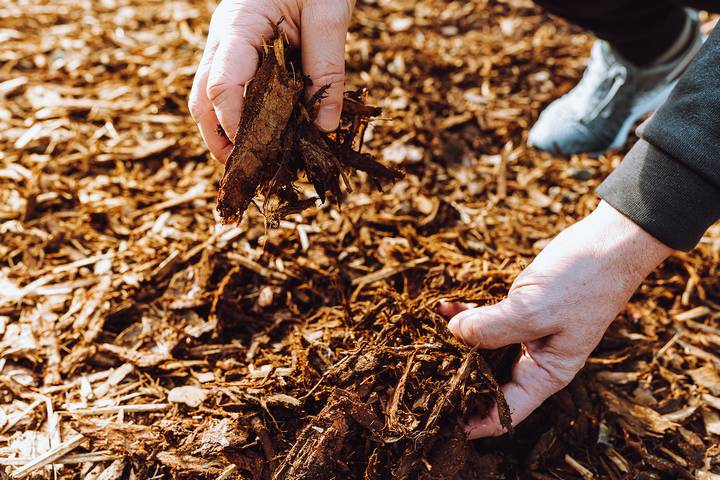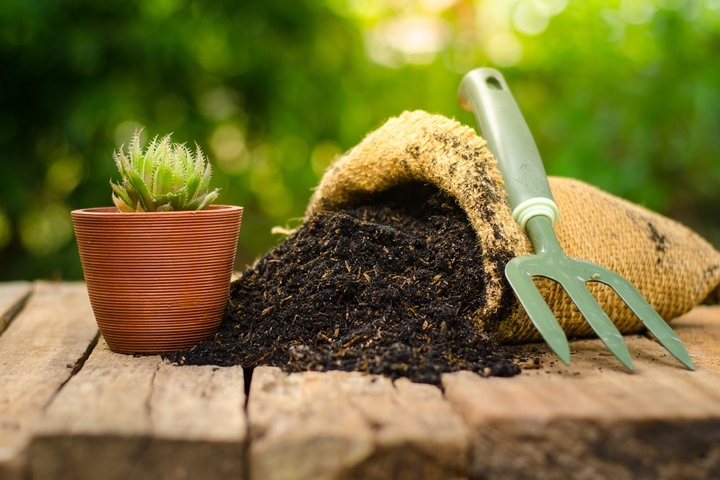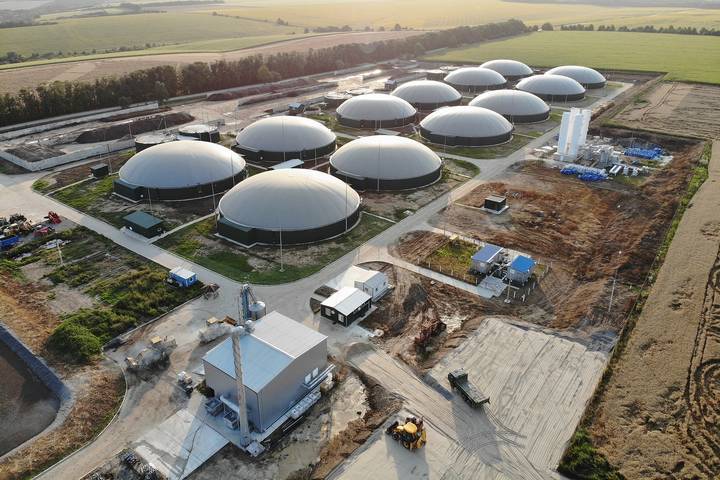Biomass is abundant worldwide and is estimated to be around 550 billion tonnes. Most of it is on land, with the bulk of it coming from plant material and a small amount from animals, and it is a renewable resource that we can utilize for energy.
Is it worth processing this material instead of burning fossil fuels? Absolutely, but there are many more reasons for its use. Here are some of the advantages of biogas.
Advantage #1: Biogas Is Eco Friendly

We all want to do our part to keep a neutral balance between saving the planet and living on it, so whatever energy sources that can help, we should rapidly adopt. Biogas fits the bill perfectly because it is a clean, renewable energy source.
This produces gas from waste, which helps curb the greenhouse effect by taking carbon-producing biomass out of the environment. It also reduces the need for fossil fuels, and the process of making the gas has zero emissions which means a better, healthy planet.
Advantage #2: Biogas Is Renewable

Biomass comes from many sources:
- Agricultural residue
- Industrial waste
- Municipal waste
- Forestry residue
- Dedicated energy crops
- Animal waste
This material is always produced and can be used for energy instead of breaking down. More and more companies realize that their waste and residue can be turned into gas through a biogas upgrading system. It minimizes their environmental impact while using up the leftover material that they continue to create.
Advantage #3: Biogas Produces Organic Manure

The process of turning biomass into biogas is fairly simple. Through different methods, biomass is either decomposed, burned, converted chemically or fermented to turn the raw materials into usable gas.
Waste sludge is produced during biogas production and becomes a recycled fertilizer for crop growth. These raw materials have vital nutrients that are better suited for plants and can replace the need for chemical fertilizers. This enriched manure can also prevent disease and speed up leafy growth.
Advantage #4: Biogas Reduces Soil and Water Pollution

As a species, we produce garbage that gets shipped away to landfills, far from sight. When we don’t see it, we don’t think about it, but it is still there, polluting the planet. The production of biogas utilizes these mountains of waste, thereby limiting their time and exposure to the environment.
Not only does this garbage and waste leach into the soil, but it also reaches the water table and can degrade the quality of it as well as spread water born diseases. Ongoing waste management and collection of biogas plants lowers the volume of garbage and prevents water and soil pollution.
Advantage #5: Biogas Is a Low-Cost Energy Technology

While the oil and gas infrastructure is well-established worldwide and has a monopoly on energy production and usage, it is costly and damaging to the environment. Biogas, on the other hand, is the opposite. We have already gone over the eco-friendly nature of the product and the emission-free process but guess what? It’s also cheaper to produce.
Biogas plants don’t require a huge investment and quickly return energy output for their operation and the gas production they create. They also create green jobs, often in rural places where it is needed most.
Small-scale setups are utilized with biodigesters installed in homes, using free material from kitchen waste and animal manure. The gas produced then can power electricity and be used for cooking.
Farms also use their discarded resource from their livestock and use biodigester systems to gain free energy for their operation and also get organic manure to amend the soil.
Advantage #6: Biogas Is a Healthier Way To Cook

Biogas, when used as a fuel for cooking, provides a healthier and safer option in the home. In developing areas, people that burn wood in open fires for cooking run the risk of burns and smoke emissions that cause deadly respiratory diseases. You also have to factor in the daunting task of wood collection.
Home biogas reactors can be installed to process all types of household waste, including:
- Meat
- Eggs
- Dairy
- Fruit
- Vegetables
- Cooking oil
This is fed into the system and turned on to produce biogas for cooking. The home biogas system has only a one-time purchase and can last up to 15 years before replacement, and it doesn’t require any cleaning.
When you take a good look at it, the production of biogas is a no-brainer. We have the raw materials in abundance, and by using them, we make the planet a little healthier. Ultimately, the advantages of biogas speak for themselves and by understanding all the benefits, you are more likely to get behind green initiatives like biogas production. We all want to reduce waste and clean up the environment, and biogas is an exciting technology for creating sustainable energy for the future.

